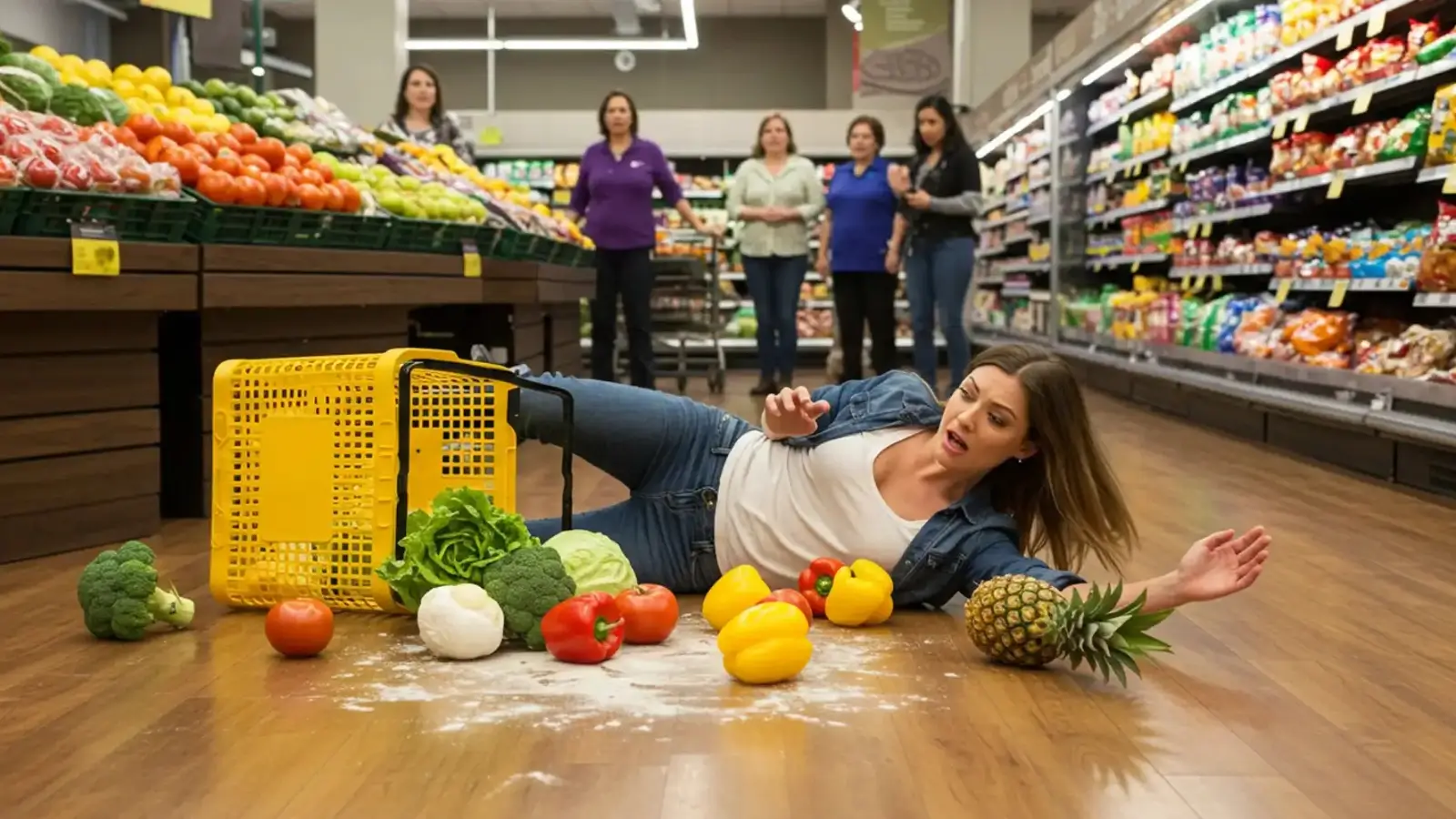


A slip and fall might feel like a minor accident—but it can lead to serious injuries, medical bills, and time off work. If you fell at a store, restaurant, or other business, you might be wondering: who’s responsible? And what are your rights?
The answer depends on several factors—but you do have legal options. Here’s what you need to know after a slip and fall incident, explained simply and clearly.
Businesses have a legal duty to maintain safe premises for customers. When they fail to fix or warn about hazards, injuries can happen.
Common causes of slip and fall accidents include:
Whether you're in a grocery store, fast food restaurant, or high-end retail shop, property owners are responsible for keeping public areas reasonably safe.
If you’re hurt because of a business’s negligence, you may be entitled to compensation. This falls under premises liability law, which holds property owners accountable for preventable hazards on their property.
You could have a valid claim if:
You do not have to prove the fall was intentional—just that the business didn’t act with reasonable care.
If your claim is successful, you could recover compensation for:
Every case is unique, and the amount depends on the severity of your injuries and how much the incident disrupted your life.
What you do in the hours and days after your accident can impact your ability to make a claim.
Notify the store or restaurant manager immediately and ask them to document the incident. Request a copy of the report if possible.
Capture the scene, including what caused your fall (wet floor, uneven tile, etc.), and the surrounding area.
If there were witnesses, get their names and phone numbers. Their accounts can support your version of events.
Even if you don’t feel hurt right away, some injuries—like concussions or soft tissue damage—can show up later. A doctor’s visit creates a medical record of the injury, which is crucial for your case.
Hold onto receipts, medical bills, injury reports, and any communication with the business.
Not every fall leads to a valid lawsuit. A business may not be liable if:
That’s why it’s important to have your case reviewed by a legal professional.
Every state has a statute of limitations for personal injury claims—often between one to three years from the date of the accident. If you wait too long, you may lose the right to pursue compensation.
If your injuries are serious, the business is denying fault, or you’re unsure how to proceed, speak to a personal injury attorney. Many offer free consultations and only charge if you win your case.
A qualified premises liability lawyer Atlanta can:
They’ll also help protect your rights from common tactics—like being blamed for your own fall or pressured to settle for less than you deserve.
Slipping and falling at a store or restaurant is more than just embarrassing—it can lead to lasting harm. You deserve to feel safe when visiting a business, and if negligence played a role in your injury, the law is on your side.
The key is acting quickly, documenting everything, and getting the right support. You’re not being difficult—you’re protecting your health, your finances, and your future.